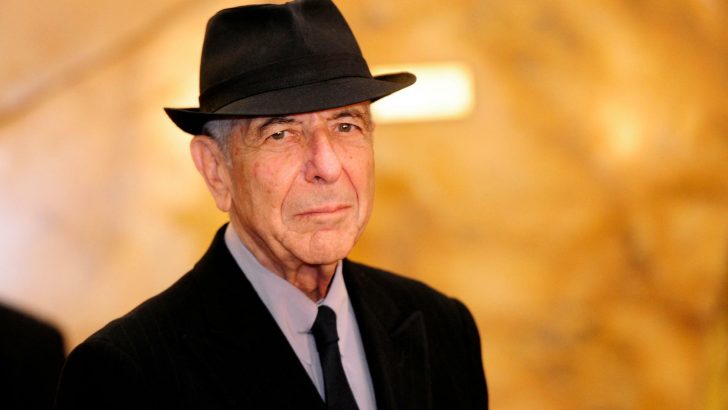How are your Easter Alleluias going? Is it, as Leonard Cohen would say, a holy or a broken Alleluia? It has been strange these weeks since Easter not being able to go to Mass and sing those vibrant, uplifting hymns to proclaim the resurrection. In some ways it feels as if we are still living Lent and yet we know we have come through Holy Week, we have welcomed Easter, we have celebrated – if rather quietly – the resurrection. The challenge now is to live it.
During the week I took part in an online prayer gathering. Soul Space happens once a month and is run by the Rev Dave Tomlinson, an Anglican vicar who is chaplain at St Ethelburga’s Centre for Reconciliation and Peace in London. A friend of mine had invited me along to this virtual space for prayer so I turned on the computer, clicked the link and found myself in a group of almost forty people. Dave Tomlinson uses a mixture of scripture, poetry, imagery and contemporary music and I have to say I found it very beautiful and meaningful. He picked up on that quote from Leonard Cohen about the holy and the broken alleluias. In Cohen’s opinion both the holy and the broken alleluias have the same value.
That struck me as a powerful image. We may be struggling with that transition from Lent into Easter. We are aware that so many people are walking a daily ‘way of the cross’. The pattern of our lives at the moment is one of restraint, limitation and the self-discipline of social distancing. So we may falter in our efforts to raise our voices in song, to proclaim a joyful, holy alleluia, but what of the broken alleluias, the little ones, the ones we would almost miss if we didn’t pay attention?
I’m involved with Family Support organisations and families are reporting that amidst the hassles of trying to keep to a routine, struggling to limit screen time and the difficulties of home schooling they also notice that they have more time to sit and eat together, time to reflect on what is important in life, less stress because they aren’t running to school activities and a greater sense of gratitude for what they have.
I find it frustrating in this beautiful weather not to be able to get out to the hills and beaches of Donegal. However, within the 2km radius of my home I can walk every evening and see the hills of Inishowen and Fanad, Muckish and Errigal. Queuing to get into supermarkets is stressful but I’m aware of the staff, putting themselves at risk by dealing with us but continuing to do so with a smile and a friendly word.
These may seem like small things in the context of all that is happening but they are some of our small broken alleluias. The more we notice them, name and proclaim them the more we are proclaiming Easter. Even the disciples had to grow into an understanding of what the resurrection meant for them. The Gospel readings that we have heard during these early weeks of Eastertide remind us that Jesus had to appear more than once to his companions to convince them of the reality of his resurrection. So we should not be hard on ourselves if it is taking time for us to fully embrace the Easter experience this year.
What is essential is that we keep noticing and thanking God for those broken alleluia moments. Pope Francis has called upon us to be people of hope. Ultimately that is what Easter is about, not a naive optimism but hope based on the reality of the cross and resurrection. So those small broken alleluias strengthen us and sustain our hope that when we emerge from this pandemic we will know the meaning of Easter in a more profound and powerful way than we ever have before.


 Bairbre Cahill
Bairbre Cahill Leonard Cohen
Leonard Cohen 